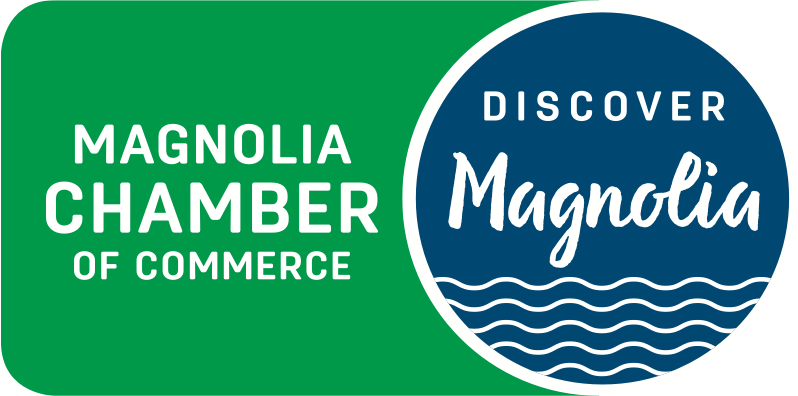On February 23rd, the Biden-Harris Administration and the Small Business Administration announced steps the agency is taking with the Paycheck Protection Program (PPP) to further promote equitable relief for America’s mom-and-pop businesses. With the exception of the first item, the following will start next week:
- Starting Wednesday, Feb. 24, the SBA will establish a 14-day, exclusive PPP loan application period for businesses and nonprofits with fewer than 20 employees.
- The SBA will allow sole proprietors, independent contractors, and self-employed individuals to receive more financial support by revising the PPP’s funding formula for these categories of applicants.
- The agency will eliminate an exclusionary restriction on PPP access for small business owners with prior non-fraud felony convictions, consistent with a bipartisan congressional proposal.
- Also, the SBA will eliminate PPP access restrictions on small business owners who have struggled to make federal student loan payments by eliminating federal student loan debt delinquency and default as disqualifiers to participating in the PPP.
- Ensure access for non-citizen small business owners who are lawful U.S. residents by clarifying that they may use Individual Taxpayer Identification Number (ITIN) to apply for the PPP.
Steps You Can Take to Access PPP Funding
- Keep in communication with your PPP lender – regardless the size of your small business, continue to work with your lender to keep the application process moving.
- Find a PPP lender if you don’t already have one – use the PPP Lender Map or Lender Match tools to find a lender accepting PPP lenders.
- Work with an SBA Resource Partner – connect with local mentors and advisers to help you prepare your application and devise the best financial and strategic plan to move your business forward.
- Attend an informational webinar – local SBA staff and SBA Resource Partners are providing webinars that share program information, updates and resources to help you prepare for the PPP application process. View upcoming webinars in the Seattle District
